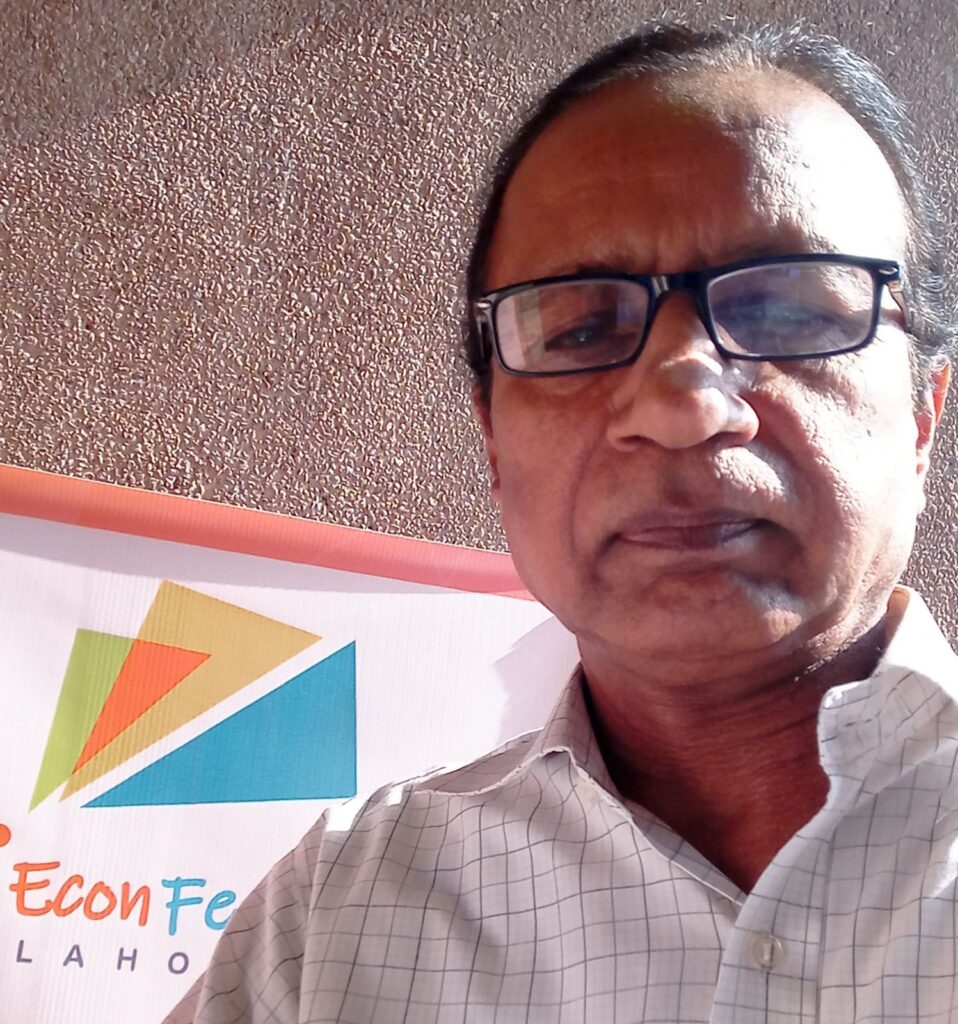’’پشتون تحفظ موومینٹ‘‘ کے نام
[لاہور میں جلسے کے موقعے پر]
دا سنگہ آزادی دہ
آزادی یہ کیسی ہے، محفوظ نہیں کوئی
آزادی یہ کیسی ہے، آزاد نہیں کوئی
دا سنگہ آزادی دہ
آزادی یہ کیسی ہے، اپنے ہی بنے آقا
آئین نہیں کوئی، سرکار نہیں کوئی
دا سنگہ آزادی دہ
آزادی یہ کیسی ہے، قانون نہیں کوئی
آزادی یہ کیسی ہے، انصاف نہیں کوئی
دا سنگہ آزادی دہ
آزادی یہ کیسی ہے، شنوائی نہیں کوئی
سننے کو گلہ ہرگز، تیار نہیں کوئی
دا سنگہ آزادی دہ
آزادی یہ کیسی ہے، تذلیل مقدر ہے
ہم بھی ہیں وطن دوست، غدار نہیں کوئی…
While the Pakistani NGOs seek the Right to Information Law, the likes of “Wikileaks” are wikileaking clandestine governments!
The latest ‘leaks’ of Wikileaks provide a historical opportunity to re-consider many a taken for granted truths!
This writing too intends to discuss afresh some such propositions which relates to the affairs of the governments. For instance, whether governments are justified in keeping various types of information secret. In Pakistan and maybe in other such countries also, this is an accepted truth. People outside governments than those inside seem more convinced in this regard. That is to be more loyalist than the king. As is the case, in contrast to the ordinary people, the elitist both inside and outside governments are to be blamed for this myth. They present government as a transcendental entity, and attribute it with similar characteristics. Without going into a lengthy debate, the simple truth is that rulers
…
He knows nothing; and he thinks he knows everything. That points clearly to a political career.[George Bernard Shaw, 1856-1950]
People are difficult to govern because they have too much knowledge.
[Lao Tzu, 604 BC – 531 BC]
Underneath our views of everything lies a theory of knowledge.
We have views about the world, and what exists in and beyond the world. We have views about man, his nature, his destiny, and his place in the society and the world. We have views about society, about people and about the things people believe in and do not believe in and about things people do and do not do. We have views about everything. Sometimes we are aware of the implications of our views and sometimes not. But most of the time we are never aware of the theory of knowledge lying behind our views.
We make a cultural conviction: The
…
Note: This article was completed on December 31st, 2014, and was originally posted on this Blog in January 2015.
Presently there is happening quite a serious debate on the 20 points envisaged in the National Action Plan. Its thrust is on two points:
i) All these measures should have been in their place since long as a matter of routine, probably from the day first when Pakistan came to exist; and,
ii) Due to the past negligence of the governments, doubts and questions are being raised about the efficacy of these measures.
The argument the present writer aims to make is a bit different; he wants to propose a 21st point to be added to the NAP, which focuses on overhauling the state. Let’s be precise in judging: It’s the state that played havoc with the society of Pakistan, and now
The place is not far from Islamabad. A three hour drive and one is far away from almost everything Pakistani. Not only is the weather pleasanter; this small place presents the ethos of a non-Pakistani world. Here it is just one road on both sides of which are located a number of hotels and other shops. It was evening time and I was sitting in the restaurant of a hotel and looking through the window-glass out on the road. It was no crowding here, only a few visitors doing shopping and walking on the road. On the right side from where the road seems to come, I could see just the same scene. Look straight where the road was goes to, I could see the road turning towards left and disappearing.
The sky was cloudy and a cool breeze was flowing with
Here is the Introduction by the authors:
The recipe for growth is well-known. Most economists would agree that lower taxes and less regulation can encourage entrepreneurship and job creation. Yet, many governments are unwilling to introduce such reforms. An important reason is concern over a voter backlash. Jean-Claude Juncker, a likely candidate for the EU-presidency after two decades as Luxemburg’s Prime Minister, famously lamented “We all know what to do, we just don’t know how to get re-elected after we’ve done it.” Based on an analysis of 109 governments in developed countries, we would suggest that Juncker’s view is mistakenly gloomy. Although market-oriented reforms may initially meet fierce resistance, governments that introduce them are more often than not rewarded by voters.
In our new book “Renaissance for Reforms” we look at the pace and direction of reforms in 29 OECD governments
…


